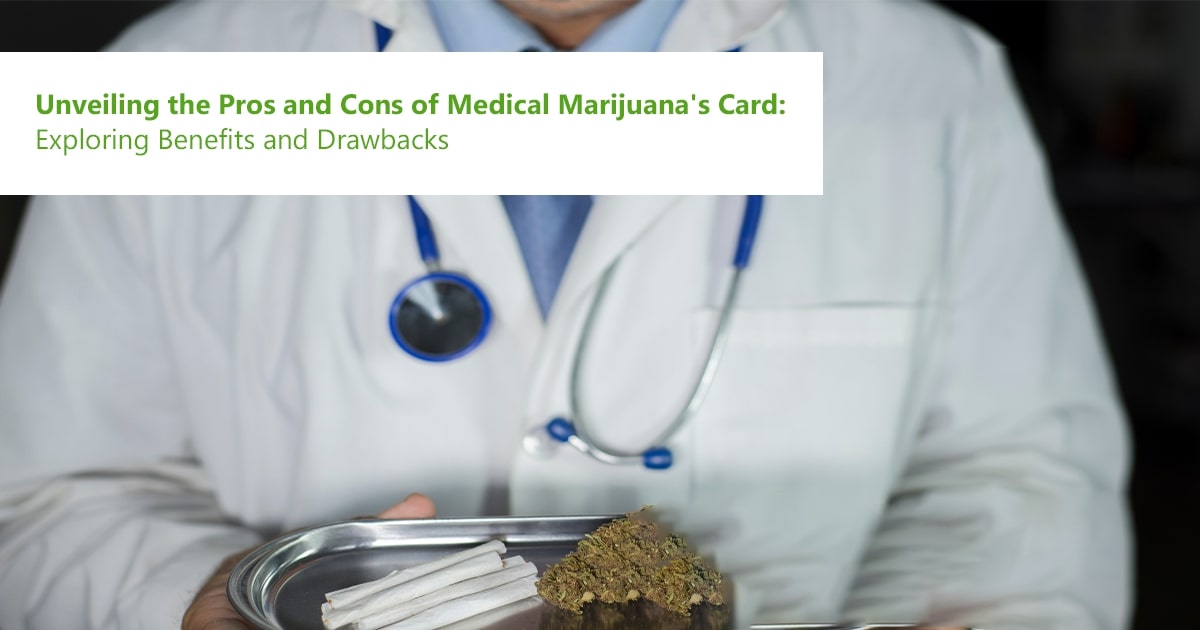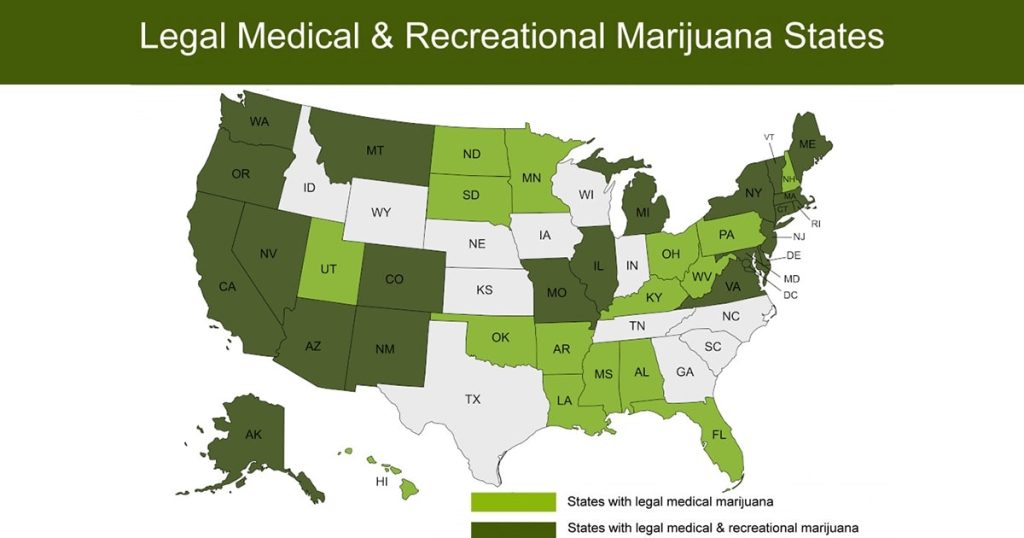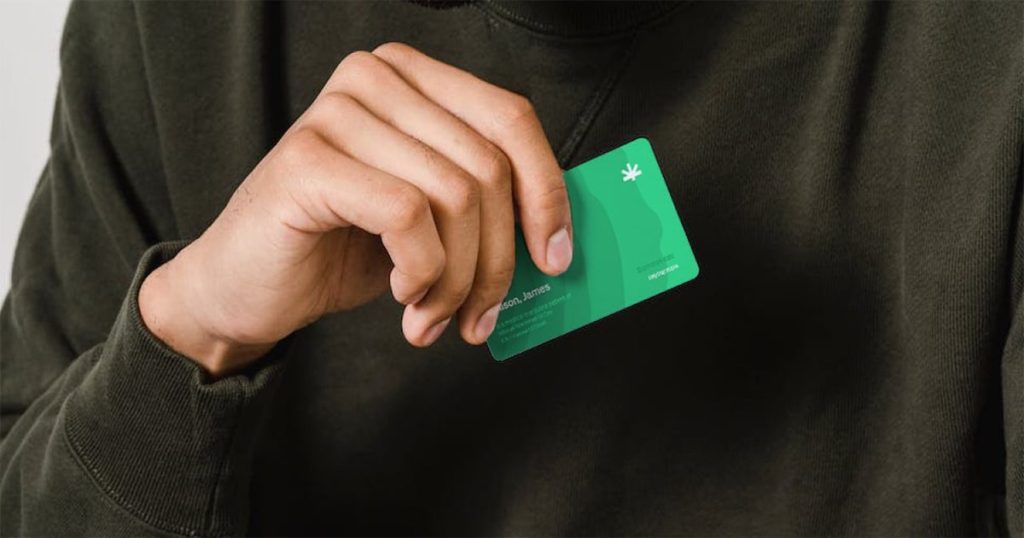
Cannabis often has its own pros and cons. For example, people ask does marijuana makes you lazy other ask if weed kills coronavirus. The pros and cons also come from getting an MMJ card. There are more pros than cons in getting a medical marijuana card. If you suffer from a severe medical condition, you will see the benefits. Let’s take a deep look at some pros and cons of getting a medical marijuana card
Pros Of Getting A Medical Card
- Legal protection: If you reside in a state where cannabis is illegal, a medical marijuana card will help you escape from trouble. Some US states allow the possession of less than four ounces of weed. However, if caught with more than 4 ounces of cannabis you can face a year in jail, along with a $2,500 fine. If you have a MMJ card, you can avoid this legal issues.

- Lower costs: Legal recreational cannabis comes with a lot of tax and this can prompt higher prices, year after year. When a state imposes high tax on recreational cannabis it instantly increases the price of cannabis. Nonetheless, medical cannabis does not face any tax which makes it cheaper than recreational marijuana.
- Also, medical weed is cheaper than prescription medications. This means patients can easily use medical marijuana as an alternative to prescription drugs.
- Higher potency limits: It’s important to dose cannabis when using it. Medical marijuana is less potent than recreational marijuana. This means it’s easier to dose it. Therefore, more potent cannabis is suitable for alleviating more severe symptoms in patients.
- Higher quality bud: Testing is the best way to know high quality buds. Weed must undergo thorough testing, and regular pesticide checks before sales. Recreational cannabis also undergoes testing. Therefore, when you get a MMJ card online you will have access to high quality cannabis.
- Plant cultivation at home: Medical marijuana card holders can legally grow cannabis indoors. Most states allow patients to grow up to 6 plants. Read the laws of your state to know how many plants you can grow.
Cons Of Getting A Medical Card
The use of medical marijuana has gained significant attention in recent years, with many advocating for its potential benefits in managing various medical conditions. However, it is essential to consider the cons associated with obtaining a medical marijuana card. This section will explore some of the potential drawbacks, including the risk of misuse or abuse, legal complexities, social stigma, and limited scientific research on long-term effects. Cons of medical marijuanas card is less than pros.

Here is some downsides to getting a medical card:
- Annual Renewal Fees: As a medical marijuana card holder, you are required to pay annual fees for maintenance. These fees can be a burden for people who don’t buy weed every day. These fees can range from $50 – $200 which may not be worth it.
- Loss of government job: Even in legal marijuana states, having a MMJ card can make you to loss a government job. Government jobs usually test for cannabis and if found positive you will loss the job.
- Vary dependencies by state: The means of getting medical marijuana is hard. Some states make it difficult to get an MMJ card where others are very simple.
- You can’t legally possess a firearm: According to the ATF, medical marijuana consumers can’t own a firearm of any kind. This is because of the fear that comes from using a firearm after consuming cannabis.
- You don’t have access to commercial license: The Department of Transportation denies employment of medical marijuana users.
Obtaining a medical marijuana card comes with both pros and cons. On the positive side, it can offer potential relief for individuals suffering from certain medical conditions. It provides access to a natural alternative that may alleviate symptoms and improve quality of life. However, it is crucial to consider the cons as well. The risk of misuse, legal complexities, social stigma, and limited scientific research on long-term effects are factors that must be carefully weighed. It is essential for individuals to have a comprehensive understanding of the potential benefits and drawbacks before deciding to pursue a medical marijuana card. Consulting with healthcare professionals and staying informed about relevant laws and regulations can help make an informed decision.



